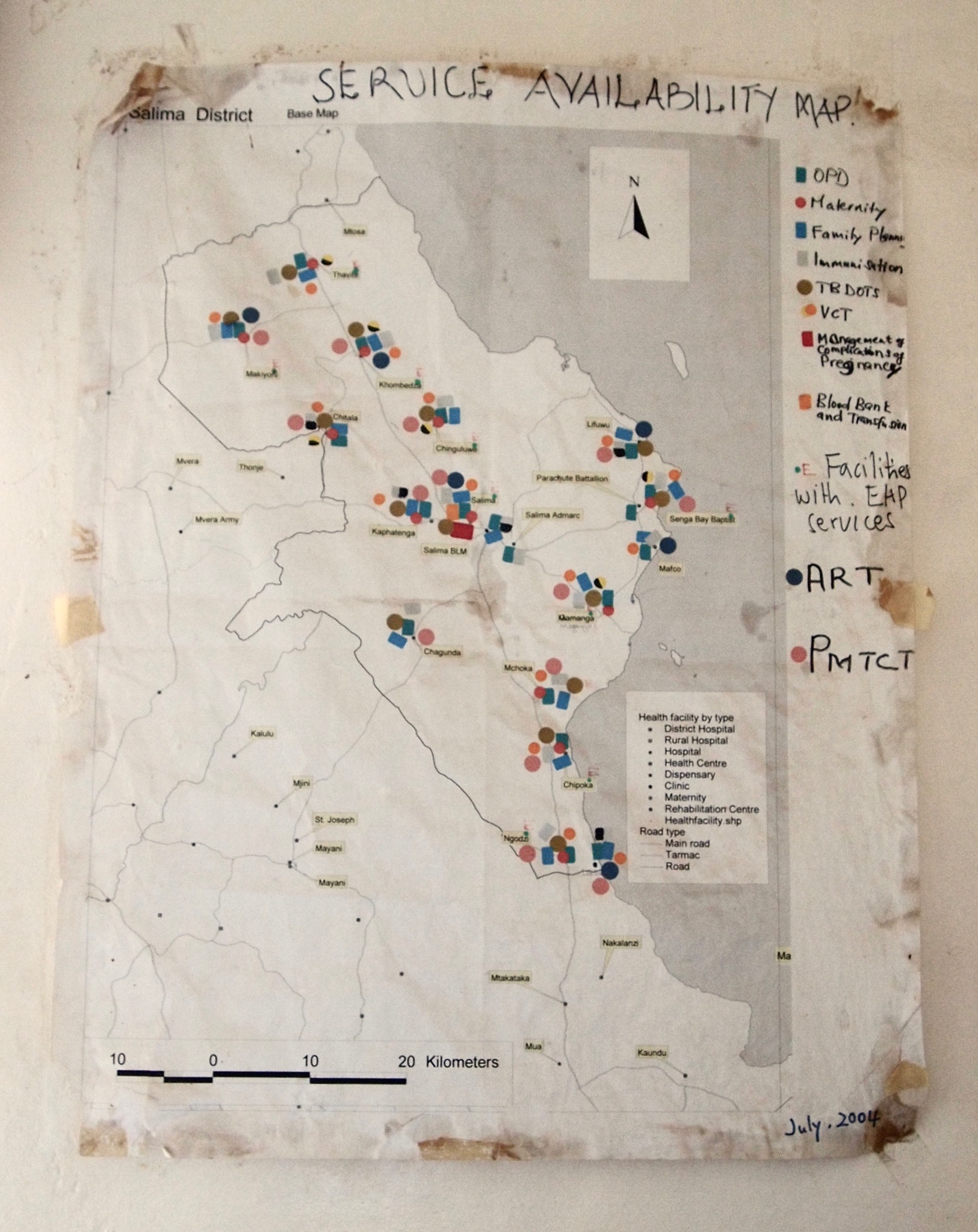




powering performance
powering performance
When implemented correctly, data collection and analysis ensures that programs succeed and achieve actionable results. In international development, that means concrete improvements for those who need it most.
At Cooper/Smith we believe that good performance metrics should be simple, commonly understood, easily accessible, and linked to resource use. The burden of data collection should never outweigh the value of the information gathered. We provide our clients with more than just indicators to monitor outcomes, we help them assess the value of each metric and trade-offs inherent in expanding the size or complexity of their monitoring strategy.
We work with our clients to articulate clear, meaningful, achievable project goals and link those goals to the most useful metrics for success. Further, we establish monitoring systems that embrace change, welcome beneficiary feedback, and continually improve as programs evolve.

powering efficiency
powering efficiency
In the current climate, tracking results is not enough. Results must be understood in the context of resources. It matters how much is spent to achieve an output or outcome, especially when minor adjustments to program allocation can ultimately save lives.
With the right tools and data, efficiency can be measured, tested, evaluated, and compared.
Cooper/Smith offers a full suite of analytic services—from data collection to optimization modeling—helping our clients measure, monitor, and actively push for efficiency. We have the depth of experience and technical skills to build routine expenditure analysis platforms, conduct rapid operational assessments, design cost studies, and build evidence-based budgets that coherently link resources and results.
Opportunities for increasing efficiency exist at all levels, but we also know how difficult it can be to interpret complex datasets and incorporate findings into the daily routine. Cooper/Smith works with teams to understand what information is most useful and how it should be presented to make the most sense for each user. We can also help design and test incentive programs that reward those who support and advance program goals. When users are invested in outcomes, the result is greater efficiency and increased positive impact, even as resources continue to be stretched.

powering integration
powering integration
The array of data at the disposal of countries and development organizations has grown exponentially. However, these bytes of information are meaningless if they go unused or are lost in the abyss. The most successful development programs make it easy for users to integrate data from disparate streams, conduct innovative analyses, and share interpretations. Cooper/Smith focuses on the user experience. This means working backwards from the ideal—designing indicators, tools, user interfaces, and governance structures that empower access and critical thinking at all levels. We know program, we know data, and we know system architecture, allowing us to serve as interlocutor between disciplines and experts.
Technology is the vessel that brings it all together. As a company, we are early adopters of innovation and harness it wherever possible to maximize the reach and effectiveness of health and development programs. From social media to open-source software, mobile phones to complex analytics, Cooper/Smith is able to source the right mix of technology to boost data production, data quality, and routine data use to achieve desired outcomes more quickly and efficiently.

powering capacity
powering capacity
Cooper/Smith helps to ensure the teams, resources, and skills are in place to continue leveraging project results after funding ends. We power capacity through targeted investments in human capital and institutionalizing routine data production. Too often use of data for decision making becomes a one-off activity: data collection materials are rapidly constructed or recycled despite the context, data collection is not participatory, methods of analysis are opaque or proprietary, and conclusions are wedged into a report at the last minute.
There will always be need for ad hoc analysis; however, we believe there is often a better way of doing business—one that more purposefully involves those who are most likely to carry the torch once external support wanes. We will work with you to identify and mentor agents of change. Rather than adding new workshops or expensive retreats, we integrate learning into existing structures and processes, parsing skills training into smaller amounts that are more easily absorbed and applied.
Photograph by Manuel Scrima.










